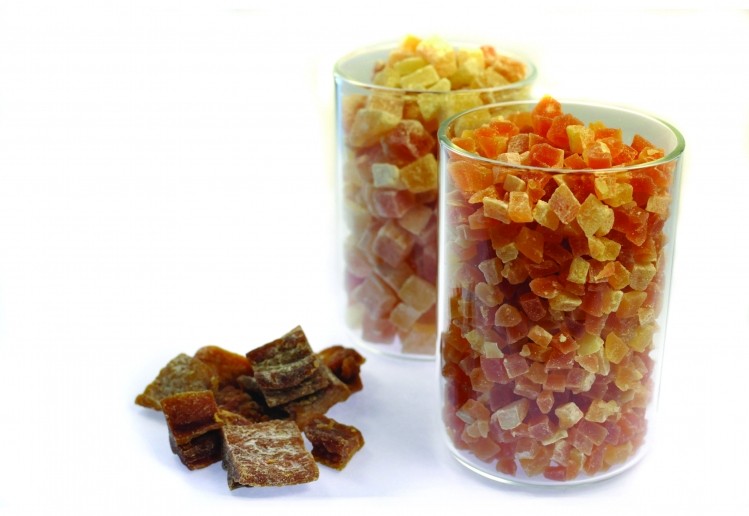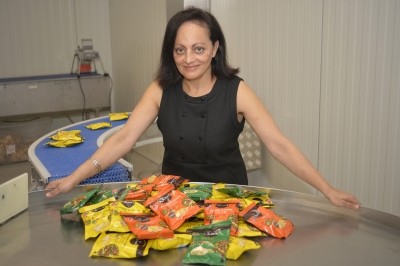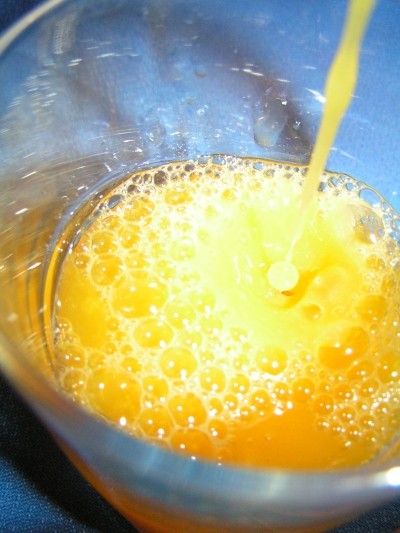Dried exotic fruit uptick

The firm, which will present its new organic portfolio at Biofach, the organic trade fair, on February 11 in Nuremberg, says the environment and farmers often pay the price for increased demand for raw materials, such as exotic fruits.
“Many farmers in origin countries must produce under poor conditions in order to keep their prices competitive,” it says.
Exotic fruits, which are often dried to be included in cereals or snack foods, are also high in vitamins and minerals, the 160-year-old family-owned firm adds.
Dried fruits
Worlee’s organic division provides various dried fruits from tropical and non-tropical regions to the food and drink sector.
The products Worlee supplies are produced sustainably and many are gaining Fairtrade status, it claims.
Along with its dried exotic fruits, the firm will also exhibit spices, teas, herbs and assorted vegetables from across the world, the company says.
Worlee supplies more than 450 products and is one of Germany’s largest providers of dried, organic and raw edible materials.
Market increase
The dried fruit market was worth more than $7.2bn in 2012, an increase of more than $1bn since 2009, according to figures from consumer analyst company Mintel.
While the sector is expected to continue its strong sales growth, difficult weather conditions across the world are likely to have a negative impact, a Mintel analyst says.
Consumer demand for healthier snacking foods, however, will keep demand for dried fruits high.















